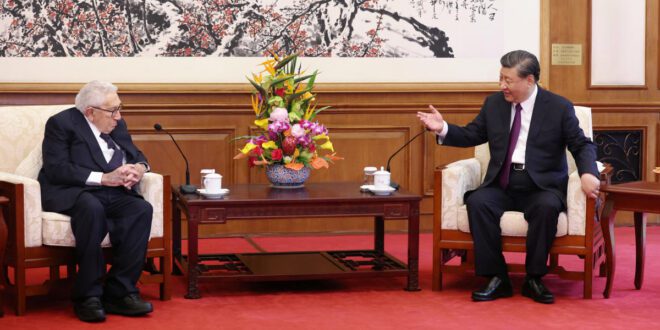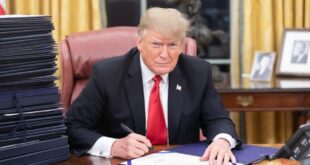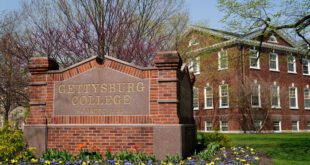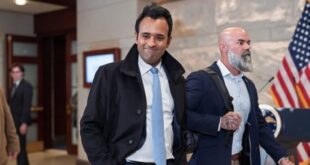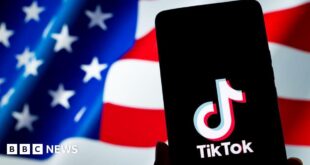Chinese leader Xi Jinping and former U.S. Secretary of State Henry Kissinger held a meeting in Beijing on Thursday, with Xi referring to Kissinger as an “old friend.” Kissinger’s visit to China this week included his call for a reconciliation between the two nations, which have been mired in disputes on various issues such as human rights, trade, and national security. As a key figure in establishing diplomatic ties between the United States and China in the 1970s, Kissinger has maintained a close relationship with Chinese leaders over the years.
During the meeting, President Xi expressed his gratitude to Kissinger for his historic contribution to the development of China-U.S. relations and fostering friendship between the two peoples. Xi emphasized that the friendship between China and the United States not only benefited both nations but also had a global impact. He highlighted the significant changes the world is currently undergoing and described the international order as being at a critical juncture. Choosing the right path, according to Xi, is crucial for both China and the United States.
Kissinger, in response, thanked Xi for his hospitality at the Diaoyutai State Guesthouse, where he had previously met with premier Zhou Enlai in 1971. He expressed his belief that relations between the two countries would play a central role in global peace and societal progress.
Kissinger’s historic involvement with China dates back to his secret visit to Beijing in 1971, which set the stage for President Richard Nixon’s groundbreaking visit the following year. Nixon aimed to reshape the Cold War landscape and enlist China’s support in putting an end to the Vietnam War. The subsequent opening of diplomatic channels between the U.S. and China had a profound impact, contributing to China’s transformation into an economic powerhouse and the world’s second-largest economy. Since leaving office, Kissinger has become highly influential in advising businesses on China. He has consistently cautioned against adopting a hawkish approach towards the country.
Kissinger’s recent trip coincided with the visits of other high-level U.S. officials, including climate envoy John Kerry, Treasury Secretary Janet Yellen, and Secretary of State Antony Blinken.
Over the years, Kissinger has made more than 100 visits to China. He has engaged in numerous meetings with Xi, including recent encounters during economic summits in China. During a meeting with Chinese Defense Minister Li Shangfu, Kissinger stressed the importance of eliminating misunderstandings, peacefully coexisting, and avoiding confrontation between the United States and China. He also met with China’s top diplomat, Wang Yi, who praised Kissinger for his historic contributions to the establishment of China-U.S. relations. Wang called for diplomatic wisdom and political courage in handling U.S. policy towards China.
Although Kissinger has been revered by the American elite and received the Nobel Peace Prize for his role in negotiating a Vietnam War ceasefire, many view him as an unindicted war criminal. He has faced criticism for his involvement in expanding the Vietnam War to Cambodia and Laos, supporting coups in Chile and Argentina, and turning a blind eye to mass atrocities committed by Pakistan during Bangladesh’s war of independence in 1971.
 Mind Uncharted Explore. Discover. Learn.
Mind Uncharted Explore. Discover. Learn.
